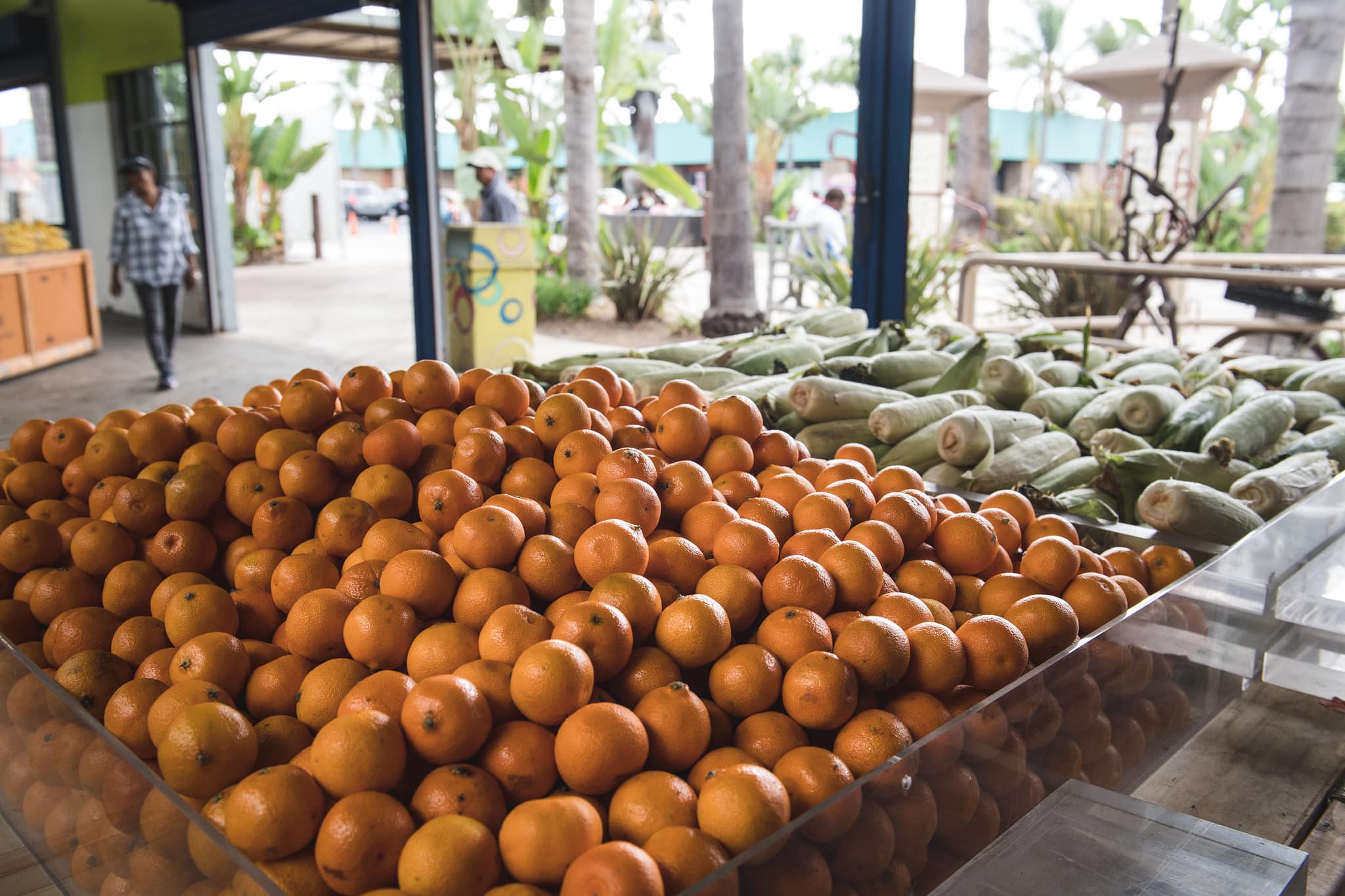Food insecurity doesn’t happen in a vacuum; it’s inextricably linked to inequality and the systems that cause it.
That means when we look at food insecurity, we must also look at the social factors that shape it, looking for solutions that address its causes, while ensuring that people receive the nutritious food they need on a day-to-day basis.
Enter food justice.
What is food justice?
Food Forward defines Food Justice as all individuals and communities, across all social, racial, and economic lines having equitable access and participation in the growing, selling, buying and consuming of fresh nutritious food.
Food for all
According to a 2023 USC Dornsife study, in Los Angeles County, Black and Hispanic/Latino residents face food insecurity at more than twice the rate (38%) of white residents (16%). A 2021 survey by the National Center for Health Statistics found similar racial disparities and that people with disabilities were three times more likely to experience food insecurity than people without disabilities.
A food justice approach to food security tackles the systems that create inequality, working towards food access for all with an understanding that different people face different barriers.
Working towards food justice
Food justice work can look many different ways. It includes advocating for racial justice, providing housing, sharing nutrition education, increasing accessibility for people with disabilities, addressing income inequality, and distributing meals and produce.
Food Forward works to ensure Food Justice by increasing access to free fresh produce in communities experiencing food insecurity. This is done through partnerships with hundreds of food banks and hunger relief programs who distribute the recovered fruits and vegetables, which reduce the health equity gap and empower stronger communities.
As we recover more produce, we’re strategizing how to distribute it in an effective and equitable way, finding and filling any gaps in our service, especially in communities disproportionately affected by food insecurity and inequality.
Food justice is not something that can be achieved by a single organization or individual. That’s why we’re proud to work with organizations and serve as a vital community resource for homeless and housing, mental health, low income, children, veterans, seniors, the disability community, and many more essential services to serve the diversity of each community.

